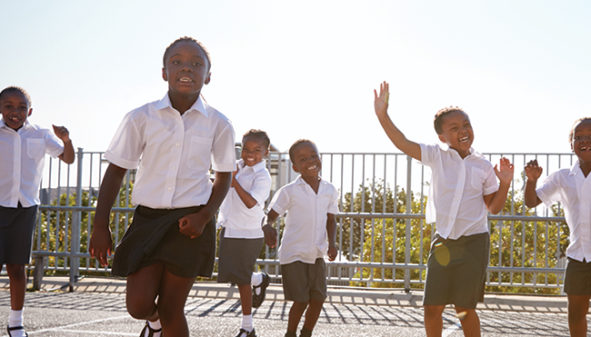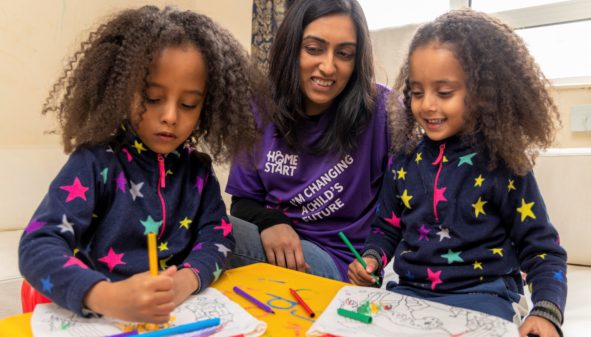Ecorys completes study for UNICEF on fiscal space for children in Eastern and Southern Africa
Ecorys completes study for UNICEF on fiscal space for children in Eastern and Southern Africa
In October 2018, Ecorys finalized the implementation of a contract to carry out the fiscal space and political economy analyses of countries in Eastern and Southern Africa. The purpose of this study was to strengthen UNICEF advocacy through a better understanding of the role of political economy factors in processes and decisions around creation and use of fiscal space for investments in children in Eastern and Southern Africa.
The project deliverables comprised 16 country studies, each of which consisted of two types of analyses: a political economy analysis and a fiscal space analysis. The political economy analyses mainly identified potential entry points for UNICEF’s engagement in the domestic budget process, while the fiscal space analysis identified how political and economic factors could influence fiscal space for children.
Overall, the study found that each country’s political economy of the budget process is specific, yet some common characteristics include shifts in development priorities, a relatively closed budget process, as well as broader shortcomings in budget preparation. In terms of fiscal space, the studies identified several promising scenarios for increasing fiscal space for child-friendly expenditure. However, the prospects for the realisation of many of the positive scenarios remain mixed in the short term. All in all, the studies have identified interesting avenues for UNICEF to engage more effectively on the budget and on strategic resource allocation questions, as well as for identifying options for increasing fiscal space.

18 April 2019
1 minute read


